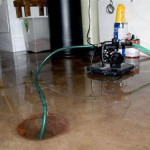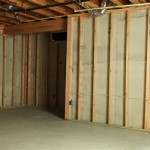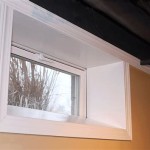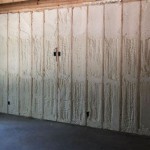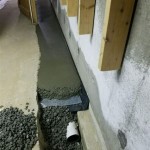Basement Leaks When It Rains: Essential Aspects That Need Attention
Basement leaks during rainfall can be a frustrating and costly problem. Water seepage can damage your belongings, create mold and mildew growth, and compromise the structural integrity of your home. Understanding the causes and taking prompt action is crucial to prevent further damage and ensure a dry basement.
Causes of Basement Leaks When It Rains
1. Foundation Cracks and Gaps
Cracks or gaps in your foundation walls can allow water to seep into your basement. These openings can result from settling, ground movement, or poor construction.
2. Window Wells
Window wells provide natural light to basement windows but can also become entry points for water. If the window well is not properly sealed or drains are clogged, rainwater can accumulate and leak into the basement.
3. Sump Pump Failure
A sump pump is designed to pump water away from your basement. If the pump fails due to a power outage or mechanical issues, water can build up and overflow into your basement.
4. Clogged Gutters and Downspouts
Gutters and downspouts direct water away from your home's foundation. If they are clogged with leaves or debris, water can overflow and seep into the basement through cracks or gaps.
5. Soil Grading
Improper soil grading around your home can lead to water pooling near the foundation. This water can eventually infiltrate your basement through cracks or seepage.
Preventing and Repairing Basement Leaks
1. Seal Foundation Cracks and Gaps
Inspect your foundation walls regularly for cracks or gaps. Seal any openings with hydraulic cement or epoxy injection to prevent water penetration.
2. Maintain Window Wells
Make sure window wells have proper drainage and are free of debris. Install covers to prevent water from splashing into the wells.
3. Service Sump Pumps
Schedule regular maintenance for your sump pump to ensure it is working properly. Consider installing a backup sump pump in case of power outages.
4. Clean Gutters and Downspouts
Keep gutters and downspouts clear of leaves and debris to prevent water overflow. Extend downspouts away from the foundation to divert water from your basement.
5. Grade Soil Properly
Ensure that the soil around your home slopes away from the foundation to prevent water accumulation. Consider installing a French drain or swale to channel water away from your property.
Additional Tips for Basement Waterproofing
1. Install a Basement Dehumidifier
A dehumidifier helps reduce moisture in your basement, which can prevent mold and mildew growth.
2. Waterproof Your Walls
Apply a waterproof coating to your basement walls to create a barrier against water penetration.
3. Consider a Perimeter Drainage System
A perimeter drainage system collects water around the perimeter of your foundation and redirects it away from your home.
4. Install a Vapor Barrier
A vapor barrier on your basement floor helps prevent moisture from rising through the concrete and into your living space.
Conclusion
Addressing basement leaks when it rains is essential to protect your property and prevent costly repairs. By understanding the causes and implementing preventative measures, you can effectively waterproof your basement and ensure a dry and healthy living environment.

Help My Basement Leaks When It Rains News And Events For Systems Inc

Why Your Basement Leaks In Heavy Rain

How To Fix Water Leaking Into Basement After Heavy Rain Gj Macrae

Why Your Basement Leaks In Heavy Rain

Why Your Basement Leaks In Heavy Rain Mt Drains Plumbing

The Best Methods For Basement Leak Repair Acculevel

Get To Know How A Leaky Basement Can Ruin Your Home

Water Leaking Into Basement After Heavy Rain How To Stop It

Why Is Water Leaking Into My Basement After Heavy Rain

Why Does My Basement Leak When It Rains Klein Home Solutions
